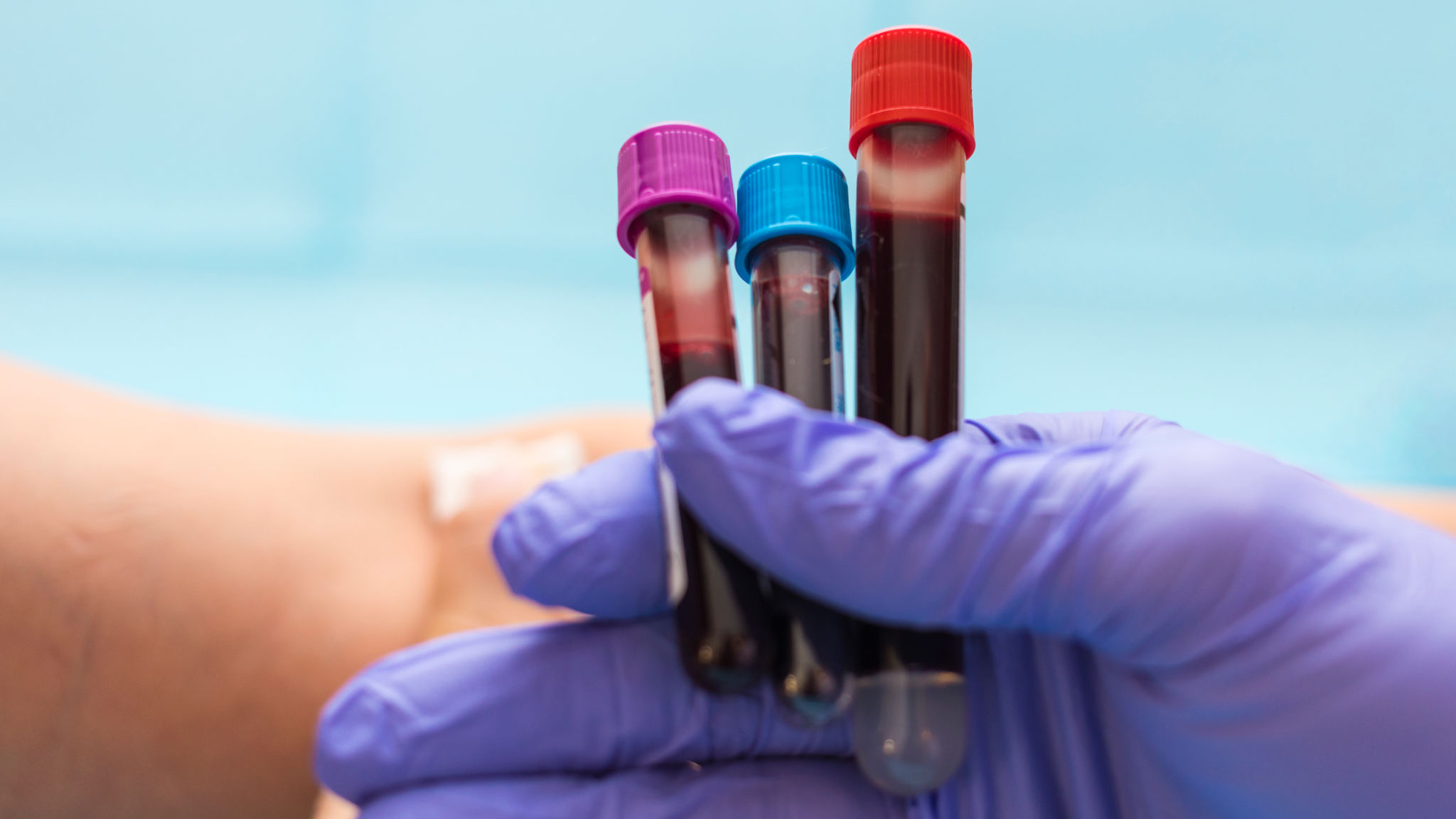Comparing Allergy Testing Methods: Finding the Right Fit for You
Understanding Allergy Testing
Allergies can significantly impact your quality of life, making it essential to understand what triggers them. Allergy testing is a critical step in identifying specific allergens that cause reactions in your body. With several testing methods available, it's important to find the right fit for you.
Each allergy test has its own advantages and limitations. Factors such as accuracy, convenience, and cost can influence your decision. This article delves into the most common allergy testing methods to help you make an informed choice.

Skin Prick Test
The skin prick test is a popular and widely used method for diagnosing allergies. It involves placing small amounts of potential allergens on your skin, usually on the forearm or back, and then lightly pricking the skin so the allergen enters just below the surface.
Reactions are generally visible within 15 to 20 minutes if you're allergic to any of the substances. The test is relatively quick and provides immediate results. However, it can sometimes cause minor discomfort or itching.
Blood Tests
Blood tests, such as the radioallergosorbent test (RAST) and ELISA (enzyme-linked immunosorbent assay), measure the level of IgE antibodies in your blood. These antibodies are produced by your immune system in response to allergens.
Blood tests are particularly useful for individuals who cannot undergo skin testing, such as those with certain skin conditions or those taking medications that interfere with skin tests. While blood tests are convenient, they may take longer to yield results and can be more expensive.

Patch Tests
Patch tests are primarily used to identify contact allergies, which occur when your skin comes into direct contact with an allergen. During this test, patches containing potential allergens are applied to your back and left in place for about 48 hours.
This method requires multiple visits to the healthcare provider, as results are evaluated over a few days. Patch tests are effective in identifying allergies related to substances like metals, fragrances, and preservatives.
Choosing the Right Test for You
Selecting the appropriate allergy test depends on several factors, including your symptoms, medical history, and personal preferences. Consulting with an allergist or healthcare professional is crucial in determining the most suitable testing method.

Considerations such as existing health conditions, medication use, and cost should also be taken into account. It's important to weigh the pros and cons of each testing option before making a decision.
The Importance of Accurate Diagnosis
An accurate allergy diagnosis can significantly improve your quality of life by helping you avoid triggers and manage symptoms effectively. Understanding your specific allergies empowers you to make informed lifestyle changes and seek appropriate treatment.
Ultimately, finding the right allergy testing method is a personal journey that requires careful consideration and professional guidance. With the right approach, you can take control of your allergies and enhance your overall well-being.